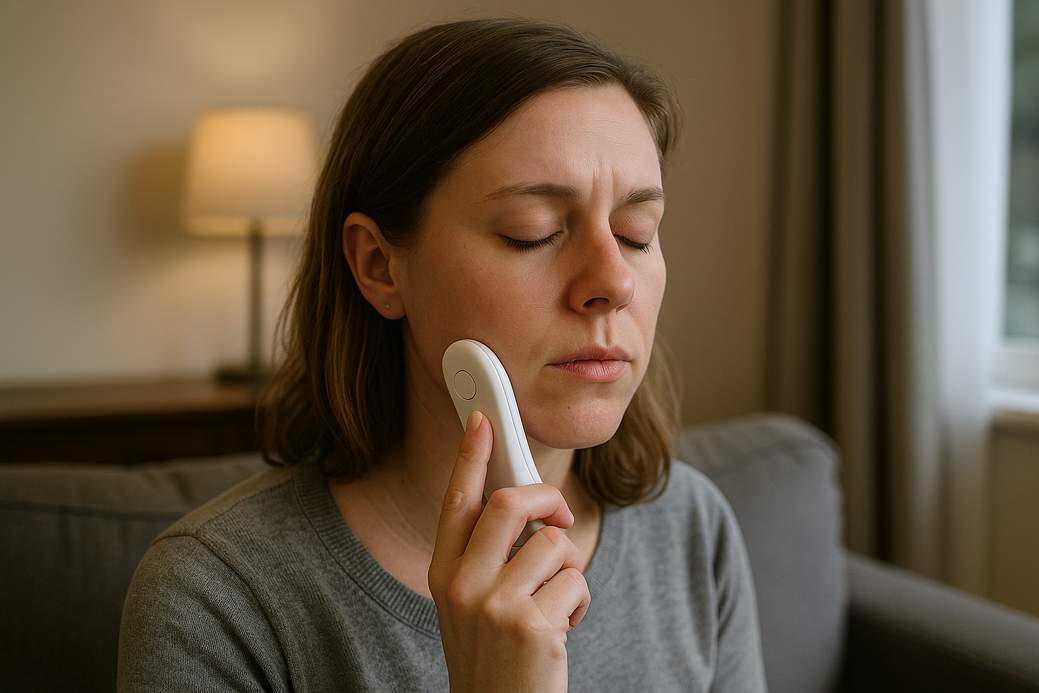Why everyone’s suddenly obsessed with magnesium
Magnesium has gone from pantry unknown to wellness celebrity overnight. From Instagram reels to health-store shelves, it’s marketed as a cure-all for sleep, digestion, and frazzled brains. The supplement industry is booming, and magnesium is riding that wave — shops and factories are shipping powdered and pill versions across the globe.
What magnesium actually does in your body
Despite the hype, magnesium is just a normal (but important) mineral. Your body stores roughly 25g of it and it helps out with hundreds of biochemical jobs — nerve signalling, brain-cell structure, blood sugar balancing, blood pressure regulation, and moving calcium and potassium to keep your heart ticking properly. Recommended daily amounts are about 270mg for women and 300mg for men.
Can it help you sleep?
Short answer: maybe, but it’s complicated. If you’re genuinely low in magnesium, topping it up can ease symptoms that interfere with sleep. But most people are not obviously deficient, and proving a deficiency is tricky because most magnesium hides out in bones and tissues, not the blood. So while some individuals report calmer minds and better nights after starting supplements, the scientific results are mixed.
Anecdote corner: does it actually work?
Some folks swear by it. For people like busy professionals with racing thoughts, trying forms like magnesium glycinate — which pairs magnesium with the amino acid glycine — has helped them fall asleep and feel less wired. Anecdotes are valuable, but they don’t replace solid trials, and many social-media success stories come with paid promos, so take them with a pinch of scepticism (and maybe a teaspoon of pumpkin seeds).
Different forms for different promises
Supplement makers often pair magnesium with other compounds and give each combo its own job description. Glycinate and L‑threonate are pitched at brain and sleep support; citrate and oxide are commonly used for digestion and easing constipation; chloride formulations are touted for muscle cramps. Whether these combos reliably do what they claim for generally healthy people is still up for debate.
Why popping pills isn’t always the simple fix
Experts warn that supplements are not a universal solution — you generally need to be deficient to see clear benefits. Studies on sleep show mixed outcomes: some report small improvements, others find little effect. There are also interactions to consider — for example, zinc supplements can interfere with magnesium absorption — so taking multiple pills can turn into a messy chemistry set.
Diet first, supplements second
If you’re low on magnesium, it’s often a sign you could be missing other nutrients too. The first port of call should be food: seeds, nuts, whole grains, leafy greens and some fruits are good sources. Fixing your diet helps more than a single magic tablet ever will.
How to try magnesium safely
If you decide to experiment with a supplement, a cautious approach is wise. Some nutrition pros suggest starting with a lower dose — for example, roughly half the labelled dose — and tracking how you feel. Side effects of too much magnesium include diarrhoea, nausea and vomiting. People with kidney problems should avoid supplements unless supervised by a clinician, because excess magnesium can build up and become dangerous.
Quick takeaways
Magnesium is useful and involved in lots of body systems, but it isn’t a guaranteed sleep cure for everyone. Try improving your diet first, be wary of marketing hype, and if you top up with supplements do it carefully — lower doses, watch for side effects, and check in with your GP if you have health issues or take other minerals like zinc. If nothing else, adding more seeds and greens to your meals will probably do your body more good than another sponsored reel.















